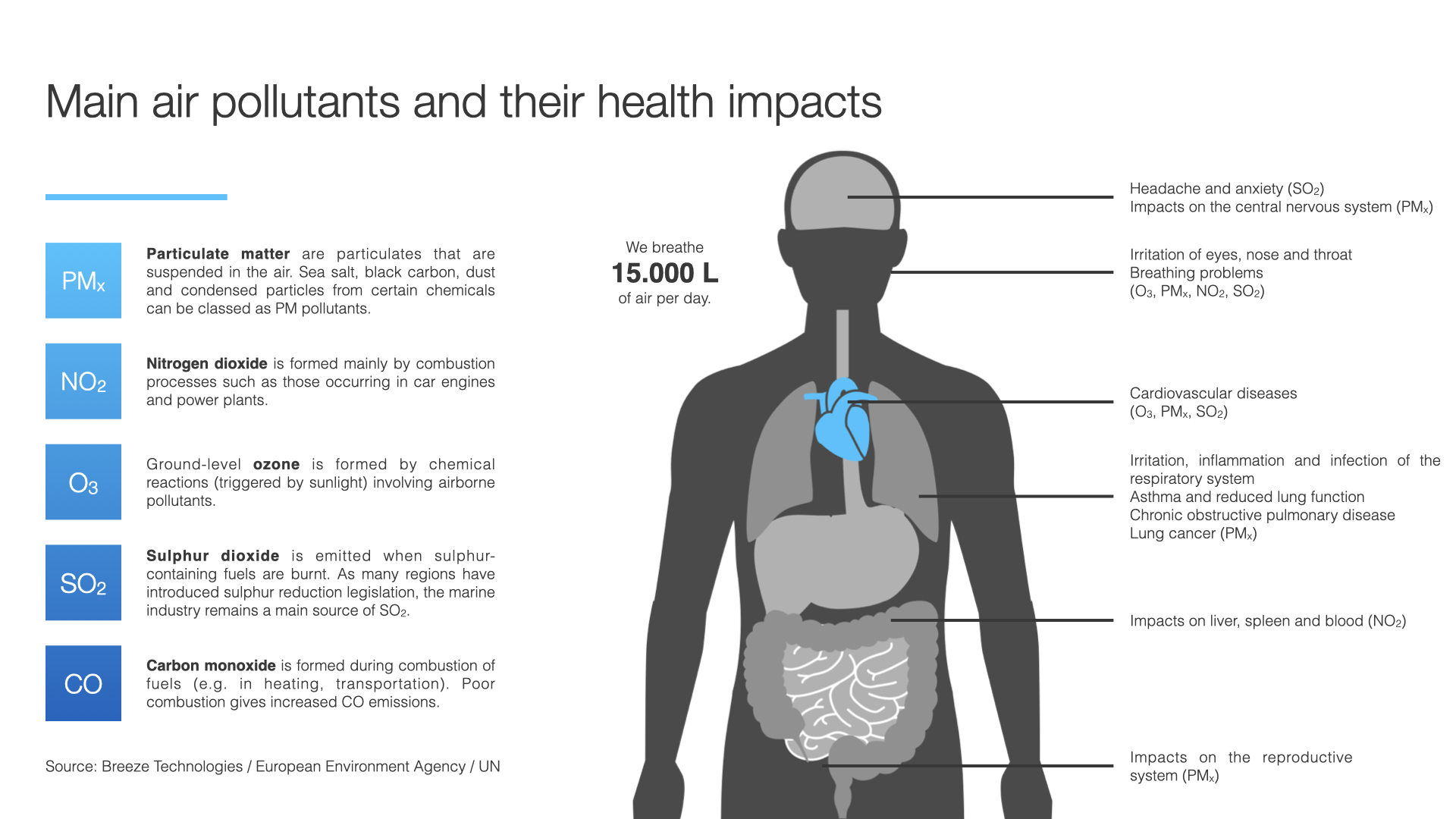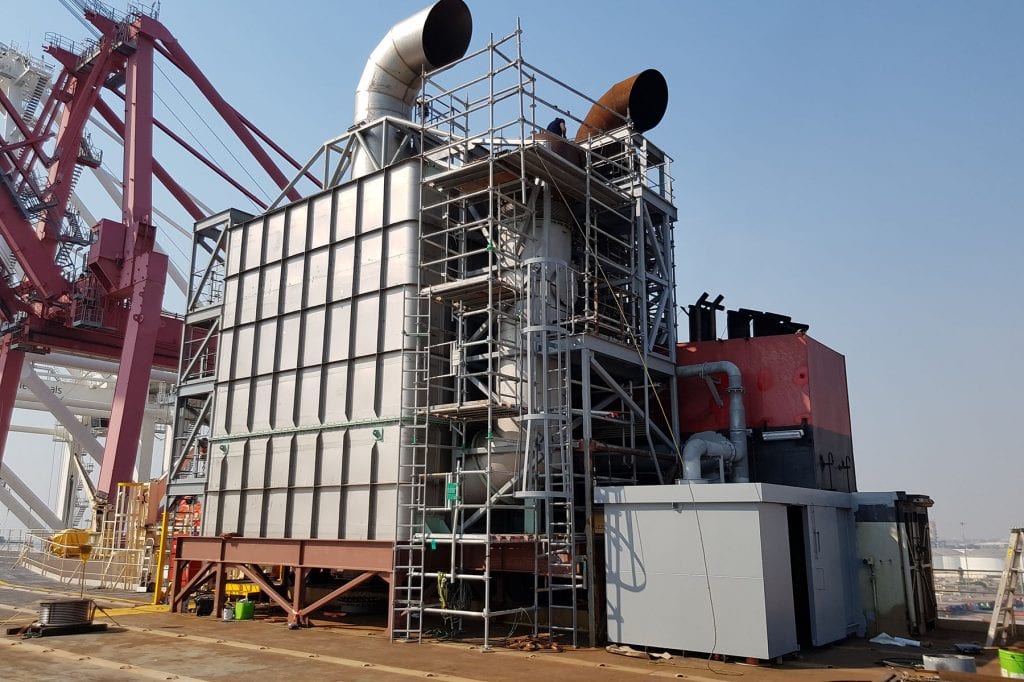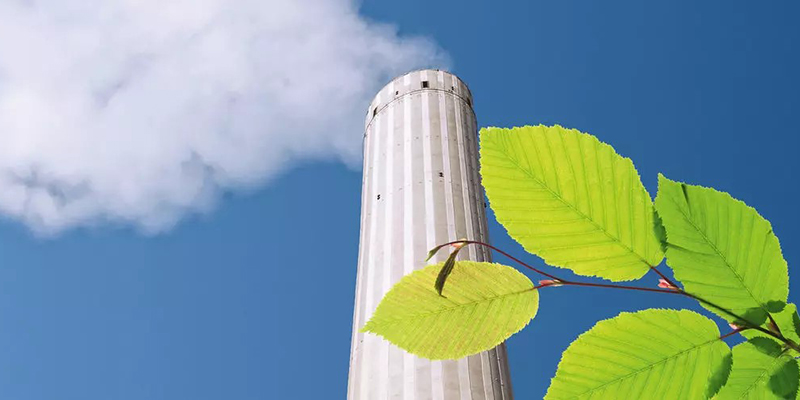Gas cleaning systems are vital components in various industries, ensuring the purification of gaseous emissions before they are released into the atmosphere. These systems are designed to remove contaminants that could otherwise pose significant health risks, contribute to environmental degradation, and result in economic losses. This article explores the importance of gas cleaning, highlighting its role in protecting human health, preserving the environment, and maintaining industrial efficiency.
Protecting Human Health
Reduction in Respiratory Diseases
By removing particulate matter and gaseous pollutants, gas cleaning systems significantly reduce the incidence of respiratory diseases such as asthma, bronchitis, and chronic obstructive pulmonary disease (COPD). Clean air helps improve lung function and reduces hospital admissions related to respiratory conditions.
Prevention of Cardiovascular Issues
Exposure to pollutants like PM, SOx, and NOx has been linked to cardiovascular diseases, including heart attacks and strokes. Gas cleaning systems mitigate these risks by ensuring that the air quality meets health standards, thereby protecting cardiovascular health.
Lowering Cancer Risks
Many VOCs and HAPs are carcinogenic. Gas cleaning systems, especially those using activated carbon adsorbers, effectively remove these harmful substances, thereby reducing the risk of cancer. This is particularly important in industrial areas where emissions can be high.
Improvement in Overall Air Quality
Cleaner air contributes to better overall health outcomes. Reduced pollutant levels mean fewer health problems across the population, leading to longer life expectancy and an improved quality of life.
Protection for Vulnerable Populations
Children, the elderly, and individuals with pre-existing health conditions are more vulnerable to the adverse effects of air pollution. By reducing pollutant levels, gas cleaning systems offer essential protection to these sensitive groups, helping to safeguard their health.

Environmental Preservation
Reduction of Acid Rain
SOx and NOx emissions contribute to acid rain, which harms ecosystems by acidifying soils and water bodies. Gas cleaning technologies like scrubbers significantly reduce these emissions, preventing acid rain and protecting forests, lakes, and aquatic life.
Mitigation of Smog and Ground-Level Ozone
NOx and VOCs contribute to smog formation, which adversely affects human health and the environment. Gas cleaning systems reduce these pollutants, improving air quality and protecting plant life from the harmful effects of smog and ground-level ozone.
Improvement in Air Quality
Particulate matter from industrial emissions can degrade air quality and harm both human health and the environment. Technologies like ESPs and baghouse filters effectively capture these particles, leading to cleaner air and less environmental degradation.
Protection of Biodiversity
Pollutants can severely impact flora and fauna, reducing biodiversity. By removing these pollutants, gas cleaning systems help preserve biodiversity and maintain ecosystem stability.
Climate Change Mitigation
Greenhouse gases like CO2 contribute significantly to global warming. CCS technologies capture CO2 from industrial emissions, reducing the overall greenhouse gas emissions and helping to mitigate climate change. This is crucial for the long-term health of global ecosystems.
Preservation of Water Quality
Acid rain, caused by SOx and NOx emissions, can acidify water bodies and harm aquatic life. By reducing these emissions, gas cleaning systems help maintain the pH balance of lakes and rivers, ensuring healthier aquatic ecosystems.

Economic Benefits
1- Regulatory Compliance and Cost Savings
Avoidance of Penalties and Fines
Environmental regulations are becoming increasingly stringent worldwide. Industries that fail to comply with emission standards face hefty fines and penalties. Gas cleaning systems ensure that industrial emissions meet regulatory requirements, helping companies avoid these financial penalties.
Reduced Legal Liabilities
Compliance with environmental laws reduces the risk of litigation related to pollution and health issues. By implementing gas cleaning systems, companies can minimize legal liabilities, which can be costly and damaging to their reputation.
Access to Subsidies and Incentives
Many governments offer financial incentives, subsidies, and tax breaks to companies that invest in green technologies and reduce their environmental impact. By adopting gas cleaning systems, industries can benefit from these financial incentives, reducing overall operational costs.
2- Operational Efficiency and Resource Recovery
Improved Process Efficiency
Gas cleaning systems can enhance the efficiency of industrial processes. For instance, technologies like heat recovery from flue gases can improve energy efficiency, reducing fuel consumption and operational costs.
Resource Recovery
Some gas cleaning technologies enable the recovery of valuable by-products. For example, scrubbers can capture sulfur compounds, which can be converted into sulfuric acid—a valuable industrial chemical. This not only offsets the cost of the gas cleaning system but also generates additional revenue streams.
Reduction in Maintenance Costs
By removing corrosive and harmful substances from exhaust gases, gas cleaning systems can reduce wear and tear on industrial equipment. This leads to lower maintenance costs and extends the lifespan of machinery, providing long-term economic benefits.
3- Enhanced Public Image and Market Competitiveness
Corporate Social Responsibility (CSR)
Companies that invest in gas cleaning systems demonstrate a commitment to environmental stewardship and public health. This enhances their corporate social responsibility (CSR) profile, which can improve relationships with stakeholders, including customers, investors, and regulatory bodies.
Market Differentiation
In an increasingly environmentally conscious market, companies with strong environmental credentials can differentiate themselves from competitors. Implementing gas cleaning systems can be a significant selling point, attracting environmentally aware customers and investors.
Brand Loyalty and Customer Trust
Consumers are more likely to trust and remain loyal to brands that prioritize environmental sustainability. By reducing emissions and showcasing a commitment to cleaner production, companies can build stronger brand loyalty and customer trust, leading to increased sales and market share.
4- Long-Term Financial Gains
Investment in Sustainability
Investing in gas cleaning systems is an investment in sustainability. Companies that adopt sustainable practices are better positioned to adapt to future regulatory changes and market demands. This forward-thinking approach can lead to long-term financial stability and growth.
Risk Mitigation
Environmental risks, such as pollution incidents, can have severe financial repercussions, including cleanup costs, fines, and damage to reputation. Gas cleaning systems help mitigate these risks by ensuring emissions are controlled and within legal limits.
Attracting Investment
Sustainable companies are increasingly attractive to investors who are looking for environmentally responsible investments. By implementing gas cleaning technologies, companies can enhance their appeal to investors, potentially securing more funding and better financing terms.
We look forward to helping you achieve cleaner emissions and a more sustainable future. Contact us today to discuss your gas cleaning needs!

